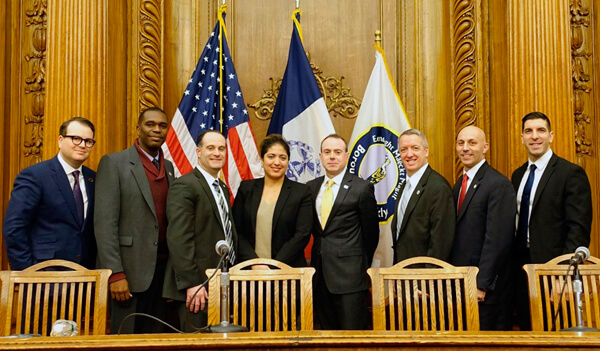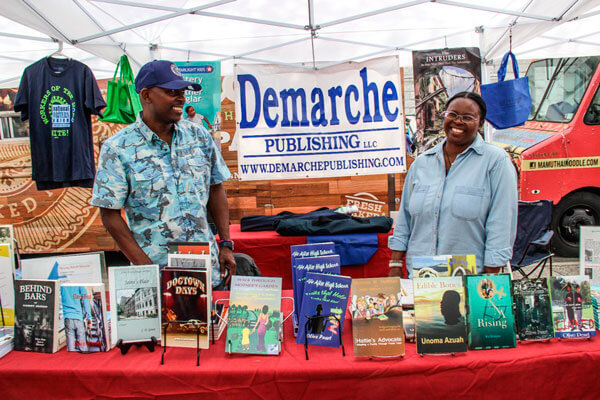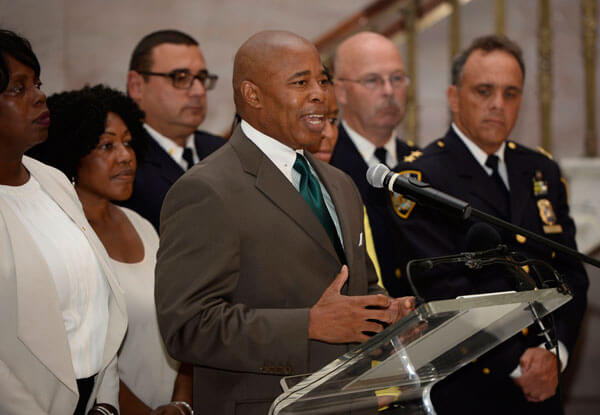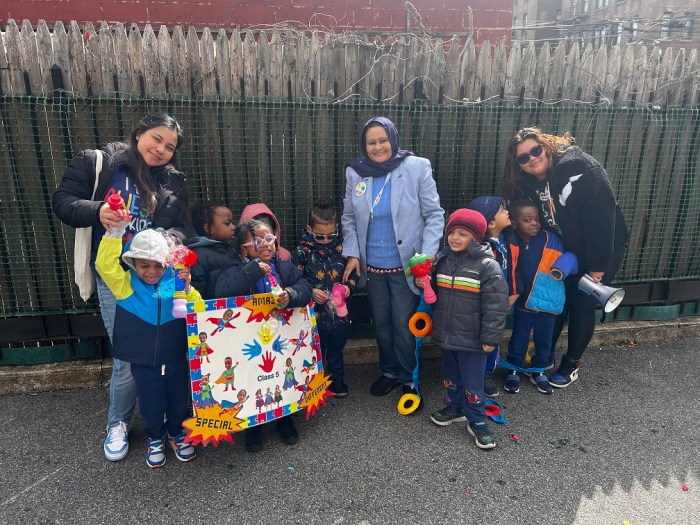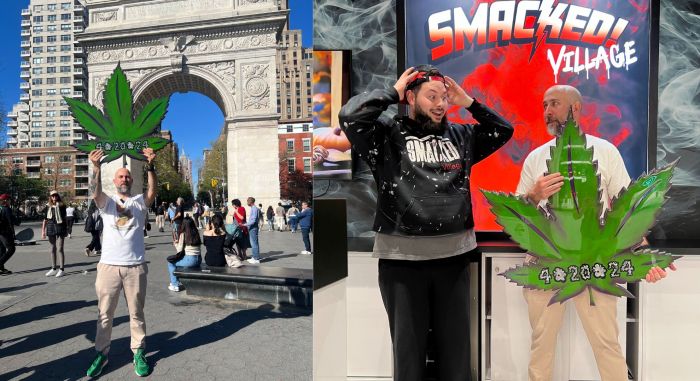The security for churches, synagogues, mosques has definitely heightened. This is a new increment that calls for serious attention. Amid this, the United States visa upheaval for some immigrants has also intensified and has stirred fear and anxiety for several communities. With these spikes in uncertainties, the Brooklyn Borough President, Eric Adams hosted a seminar on Monday morning at Borough Hall, to expose faith-based leaders on ways they can help secure religious and communal institutions as well as to help secure the freedom of worship.
The forum presenters were individuals from the Federal Bureau of Investigation(FBI); The United States Attorney’s Office, Eastern District, New York; The New York City Police Department – Hate Crimes Task Force and The United States Department of Justice. This mode of presenters revealed overwhelming examples of the dangers involved when problems go unnoticed. The law enforcers explained the hidden traps, what to do to escape the disaster if the opportunity steps in. Panelist also demonstrated by videos what is at stake if groups or individuals are confronted with these catastrophic experiences. Members of the group discussed appropriate steps needed for right outs and the safety of everyone involved. The panel members reminded faith-based leaders of the availability of the right institutions to contact and the organizations to utilize are those comprehensive institutions which can help them make prudent decisions for their institutions.
Nydia Shihata, assistant United States attorney for the Eastern District, said faith-based groups should work with the local law enforcement agencies at all times before contacting federal agencies, “with the federal agency we are much more limited, so proceed with state law, as they have more options,” Shihata commented. “The local law enforcement can eradicate hate crime in the community,” she stated, however the faith-based group has a role to play by helping to build trust with the NY City Police Department. “This forum today is for you to take back information to your church,” Ms. Shihata stated, and ‘we remain committed to investigate and prosecute,” the US attorney added.
FBI representatives, Anthony Bivona and Christopher Stantzos, during their presentation both suggested that clergy leaders get training to help protect themselves and protect their institutions. They called for faith-based leaders to identify short comings, assaultive behaviors are on the rise especially in the Boroughs of Brooklyn and Manhattan, Bivona added.
Both men acknowledged that hate crime is not lawfully reported. “As they may be considered as, non-assaultive, hate crime and are delayed because of fear,” Special Agent Stantzos noted. The law enforcement officer explained how institutional leaders should take actions to implement security and help safeguard everyone involved. They illustrated the ways individuals should respond to the police whenever a crisis is on hand. This is important Stantzos noted, “to help de-escalate the situation.”
Sergeant Kevin C. Lonergan of the NY Police Department – Hate Crimes Task Force, said the New York Police Department has collaborated with all agencies, private and government, to address the issue of human trafficking. The problem he noted has also escalated and there “has to be a way to work with the victims of these crimes.” Sergeant Lonergan reminded the group of the availability of the T-Visa program for the victims of human trafficking, “if the victims can collaborate with us to help fight the crime they can stay in the country, they are eligible for that kind of visa.” The program he added helps provide for immediate family members as well. Lonergan also mentioned the U-Visa program that is available for immigrants who are victims of serious crimes. He noted that eligibility becomes available if the victims are collaborative with the law enforcement representatives who are investigating the crimes. “This allows the victims and their immediate family members to stay in the country for at least four years,” he added.


